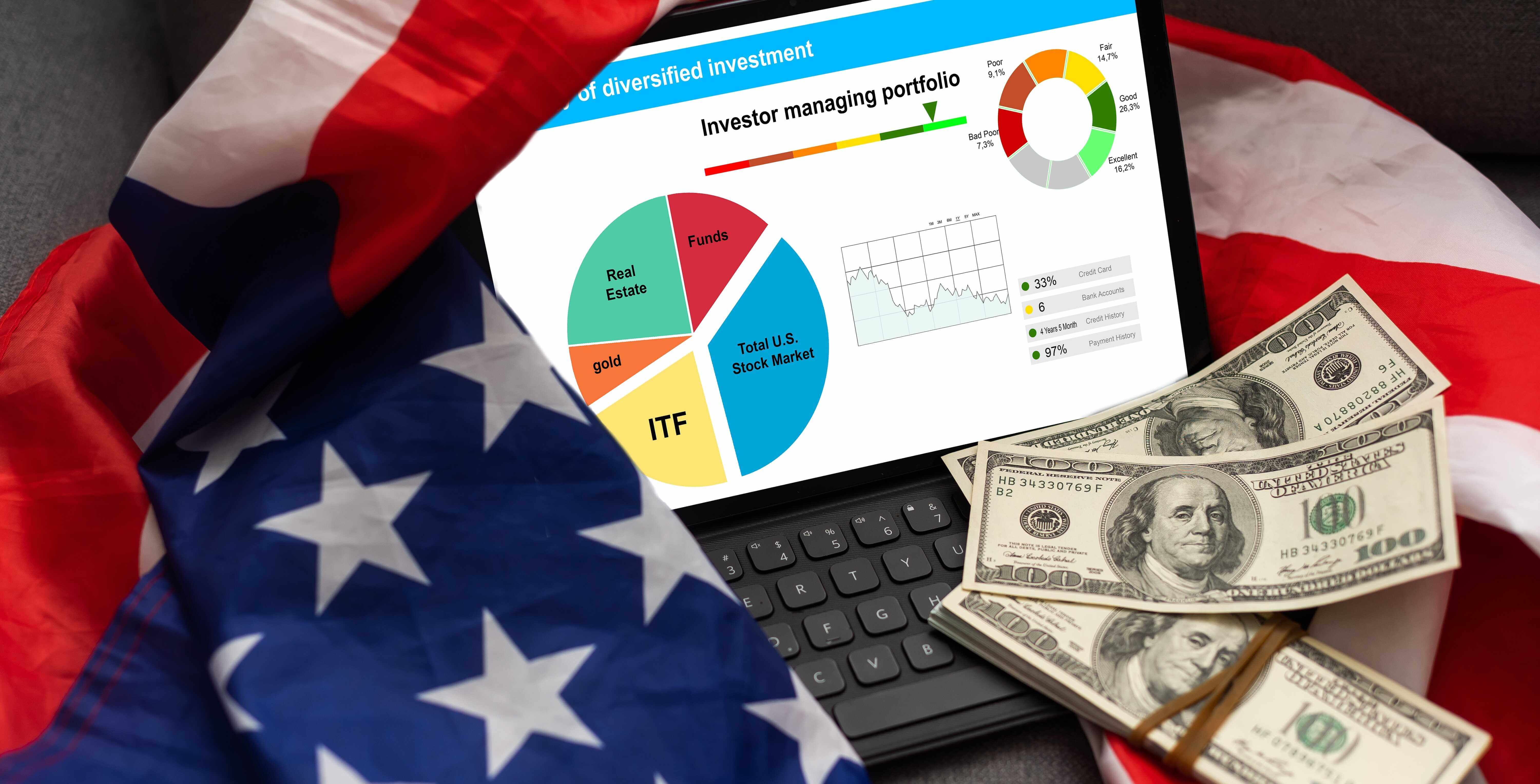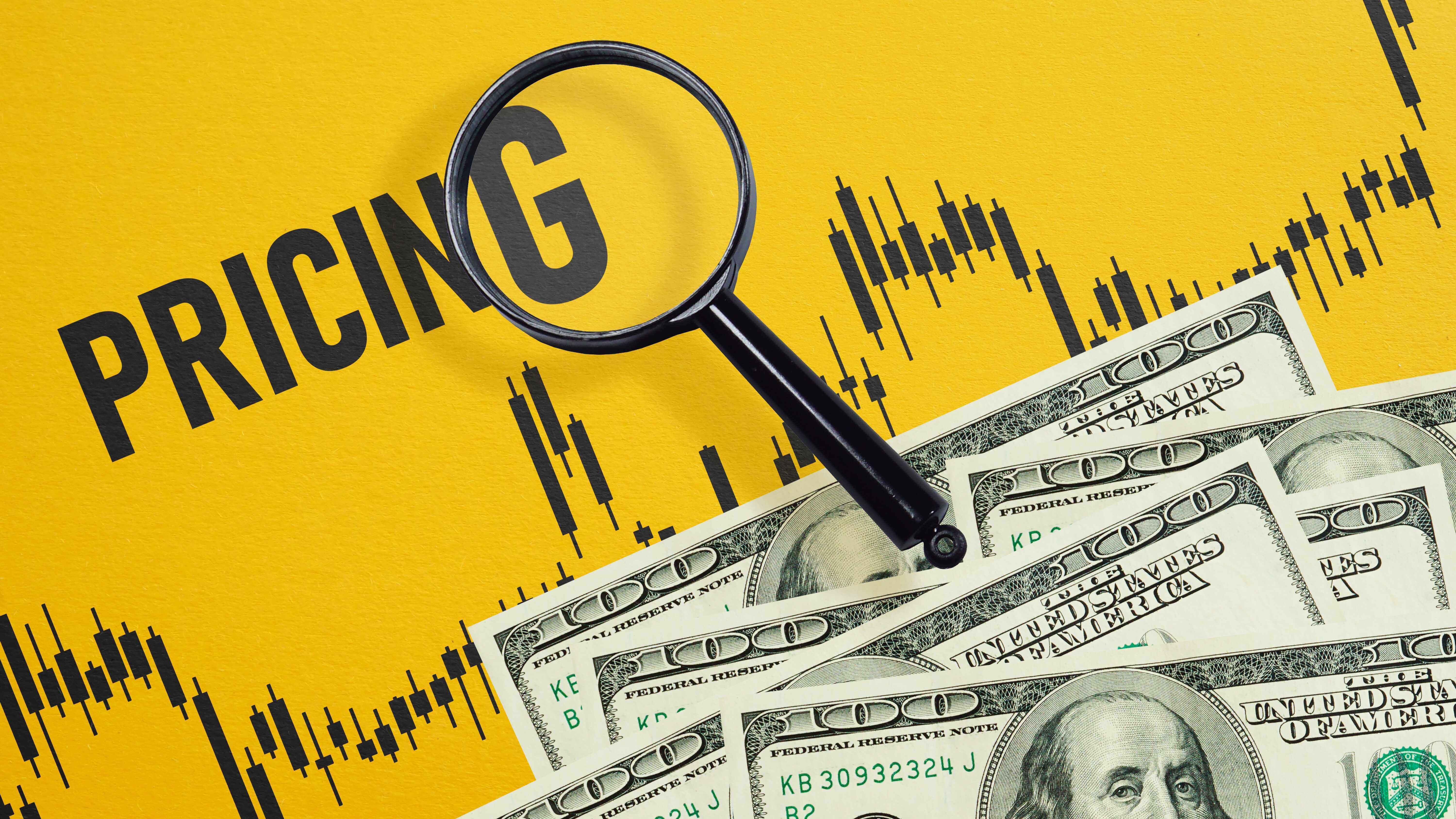Does The Valuation Of Soundhound Ai Stock Matter?

SoundHound AI (NASDAQ: SOUN) stock shot nearly 1,000% higher over the last year, with the largest portion of the gain occurring in November and December 2024. Its high-profile investors, client list, and innovation in so-called "next generation" artificial intelligence (AI) have made it popular among investors.
Incredibly, its price-to-sales (P/S) ratio, which was just below 100 at the time of this writing, has not deterred investors despite being more than 30 times the S&P 500's average sales multiple of 3. Knowing this, you may be wondering whether the valuation matters with SoundHound AI.
Start Your Mornings Smarter! Wake up with Breakfast news in your inbox every market day. Sign Up For Free »
Why worry about valuation?
Ultimately, investors care about valuation because they want to buy a stock at or below a fair price. Unfortunately for buyers, determining valuation involves both art and science, which can make this process difficult.
In SoundHound AI's case, the art aspect of this question is heavily based on optimism about its future. Indeed, one could justify a case for valuation metrics not mattering under such conditions.
Its relationships also stoke optimism about the company. Customers have taken to SoundHound's voice-driven AI products, and the company has adeptly landed high-profile clients including Mercedes-Benz, AeroMexico, Resorts World International, and many others. Additionally, an investment from Nvidia may help SoundHound maintain the funding needed to help it compete with its megacap peers.
For those reasons, if the company truly has a long growth runway and the real numbers either match or exceed predictions, it is possible that SoundHound stock could eventually grow to the point that it justifies its stock price.
Valuing SoundHound AI
A more scientific approach is to value the stock based on its current metrics and minimize incorporating predictions for the future. Market cap, discounted cash flow models, and comparisons (such as the price-to-sales ratio) can offer valuation insights based on existing conditions.
Unfortunately for SoundHound AI investors, the metrics highlight its significant overvaluation. Its current market cap of around $8 billion means SoundHound is approaching large-cap territory, a major accomplishment for what was a consistent small-cap stock as recently as October.
Other metrics point to challenges. The discounted cash flow model offers little justification for a high valuation amid negative earnings. Negative earnings also leave SoundHound without a P/E ratio, meaning investors have to measure its valuation using other metrics.
The aforementioned P/S ratio may seem like an obvious metric to choose. Still, with a sales multiple of nearly 100, SoundHound is likely ahead of its impressive revenue growth rate, which came to 75% yearly in the first nine months of 2024.
In fact, so high is that valuation that the stock would have to maintain the same price and revenue growth rate for six years to get the sales multiple near the average level of 3. Such a difference might leave investors questioning whether they want to pay the stock's current price, let alone buy it in hopes that the increases continue.
Does SoundHound AI's valuation matter?
Under current conditions, investors should give SoundHound AI's valuation serious consideration before buying the stock.
Admittedly, its technology has won it business from several high-profile clients and an investment from Nvidia. If its financials continue to grow rapidly for several years, it is still possible to earn a market-beating return on this stock.
However, no matter a company's performance, a 75% revenue growth rate is difficult to maintain over a long time frame. Also, the market tends to punish stocks for slowing revenue increases. That means that if SoundHound AI begins to produce lower but still impressive growth numbers, the stock price could still tumble.
Ultimately, SoundHound AI's next-generation technology is well-positioned to play a key role in the future of AI. However, since its valuation will likely matter, particularly in the foreseeable future, investors should probably move to the sidelines.
Don’t miss this second chance at a potentially lucrative opportunity
Ever feel like you missed the boat in buying the most successful stocks? Then you’ll want to hear this.
On rare occasions, our expert team of analysts issues a “Double Down” stock recommendation for companies that they think are about to pop. If you’re worried you’ve already missed your chance to invest, now is the best time to buy before it’s too late. And the numbers speak for themselves:
- Nvidia: if you invested $1,000 when we doubled down in 2009, you’d have $387,474!*
- Apple: if you invested $1,000 when we doubled down in 2008, you’d have $46,399!*
- Netflix: if you invested $1,000 when we doubled down in 2004, you’d have $475,542!*
Right now, we’re issuing “Double Down” alerts for three incredible companies, and there may not be another chance like this anytime soon.
*Stock Advisor returns as of January 6, 2025
Will Healy has no position in any of the stocks mentioned. The Motley Fool has positions in and recommends Nvidia. The Motley Fool has a disclosure policy.


